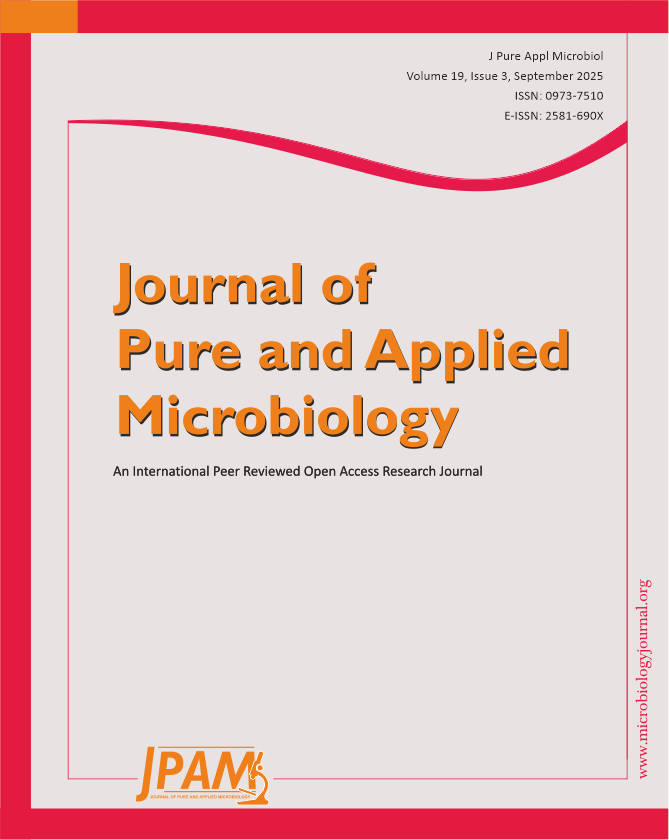Traditional microbiological techniques, while effective, are often time-consuming and labour-intensive. Machine learning and deep learning, enable rapid and accurate identification of microbial pathogens from complex datasets such as whole-genome sequencing, mass spectrometry, and clinical laboratory reports. Artificial Intelligence (AI) revolutionizes medical microbiology by enhancing pathogen detection, antimicrobial resistance prediction, and clinical decision-making. AI facilitates automated image analysis for culture-based diagnostics, improving the speed and accuracy of colony identification and antimicrobial susceptibility testing. One of the most impactful applications of AI is in antimicrobial resistance (AMR) surveillance. Machine learning models can analyse genetic determinants of resistance and predict antimicrobial susceptibility patterns, allowing for early detection of multidrug-resistant organisms. Moreover, AI-integrated clinical decision support systems (CDSS) enhance antimicrobial stewardship by providing real-time recommendations on appropriate antibiotic use, thereby reducing the spread of resistance. Natural language processing (NLP) further optimizes data extraction from electronic health records, improving diagnostic workflows and patient outcomes. Despite its transformative potential, challenges such as data standardization, model interpretability, and integration into routine laboratory workflows must be addressed. Ethical considerations, including data privacy and algorithmic bias, also warrant careful attention. As AI continues to evolve, its synergy with microbiology will pave the way for precision diagnostics, personalized treatment strategies, and global AMR mitigation. Leveraging AI-driven innovations will be crucial in shaping the future of infectious disease diagnostics and public health microbiology.
Artificial Intelligence, Medical Microbiology, Antimicrobial Resistance, Machine Learning, Deep Learning
© The Author(s) 2025. Open Access. This article is distributed under the terms of the Creative Commons Attribution 4.0 International License which permits unrestricted use, sharing, distribution, and reproduction in any medium, provided you give appropriate credit to the original author(s) and the source, provide a link to the Creative Commons license, and indicate if changes were made.


